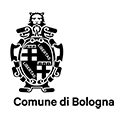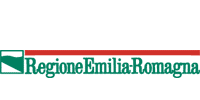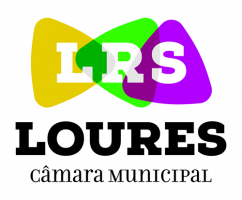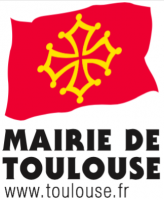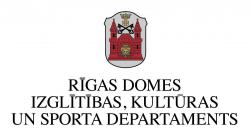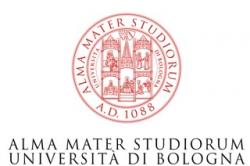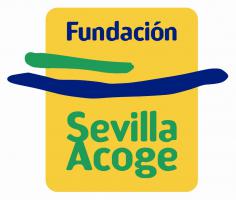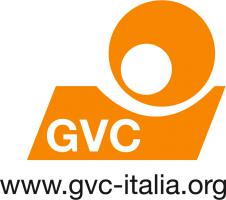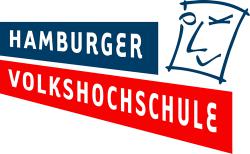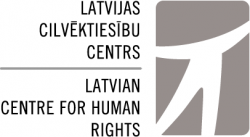Alma Mater Studiorum- University of Bologna is an Italian public University set in Bologna. It's the eldest University in Europe and at present one of the biggest in Italy, with 11 faculties, 33 departments and over 80.000 students.
On the AMITIE CODE project, the University will engage the CIRSFID (Interdepartmental Centre for Research in the History, Philosophy and Sociology of Law, and in Legal Informatics) and will in particular value the experience and positive results obtained through its Master’s Course in Human Rights, Migrations, Development.
CIRSFID was founded in 1986 by Enrico Pattaro and is named for Guido Fassò (a legal philosopher) and Augusto Gaudenzi (a legal historian). Its mission is to promote research in the philosophy of law, in legal informatics and technology law, in the sociology and history of law, and in bioethics. In each of these areas the centre pursues research and publication activities; offers undergraduate, graduate and postgraduate courses; and provides consultation and services working in collaboration with national as well as international organizations. The centre draws on the expertise of researchers and faculty from the University of Bologna, and in particular from the departments in areas of law, philosophy, computer science and medicine.
Among CIRSFID’s many Doctoral Programmes and Master’s Courses is the Master’s Course in Human Rights, Migrations, Development, which is a one-year programme designed for graduate students and professionals who want to specialise in the area of Human Rights, Migration and Development studies.
The central objective of the Master’s Programme is to train students to be highly specialised and qualified to conceive, promote and manage interventions in the fields of development cooperation, the promotion and protection of human rights and the reception and integration of migrants.
Through specific sessions on International Law, Economics, History, Philosophy of Law, Political Science and Cultural Anthropology, students acquire a multidisciplinary and rich set of competences which are extremely important to understand migration and development phenomena in their complex and multi-faceted nature and to fight against any form of economic, political and social exclusion.
In the 17-year history of the Master’s Programme a consistent number of human rights scholars and internationally recognised experts on development and migration have been invited, and hundreds of students from more than 30 countries have been successfully trained as most of them are actively engaged in the domain of Human Rights in Italy and abroad, working for governmental and non-governmental organisations or conducting research on the matter in the academic domain.

